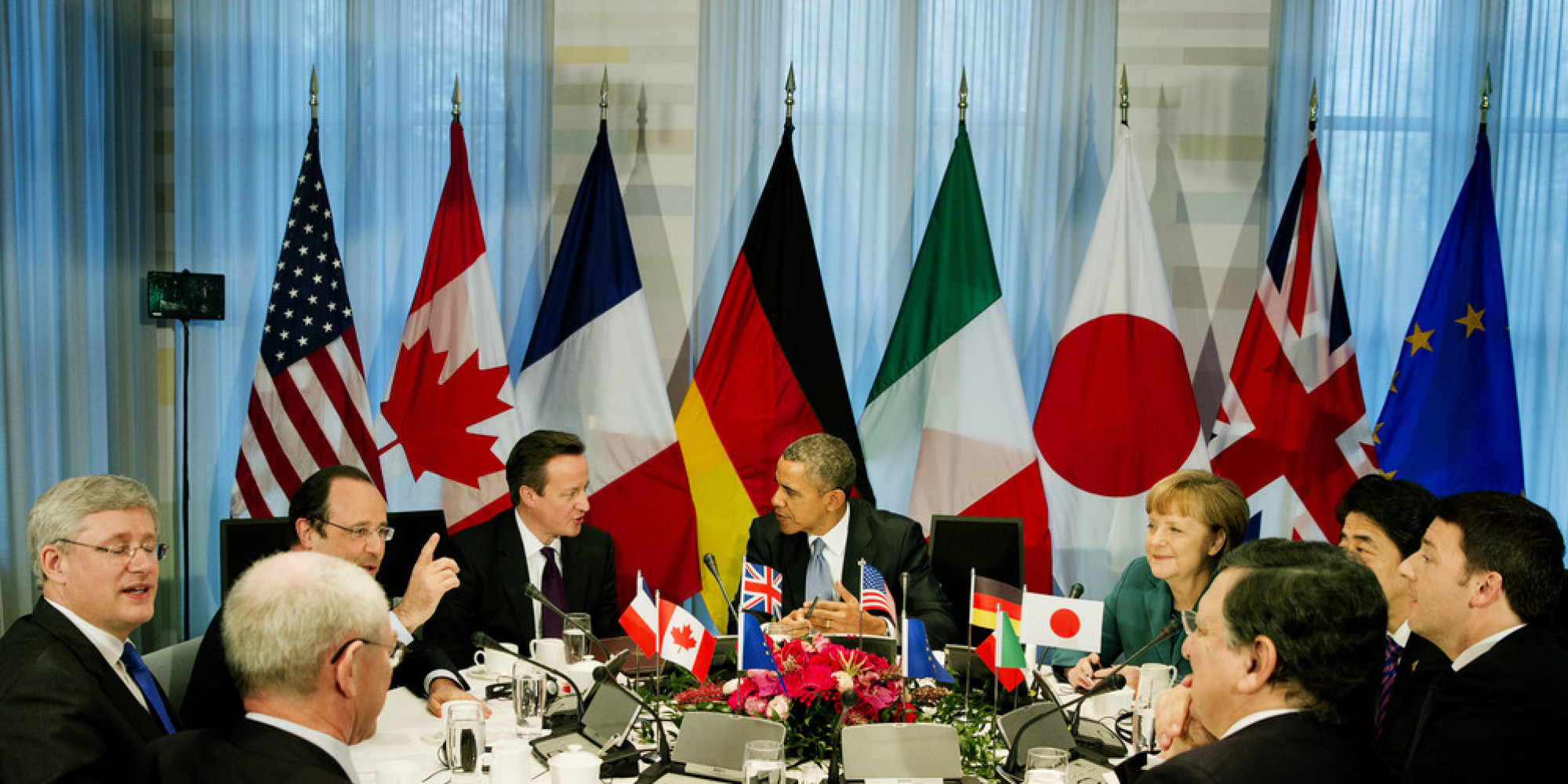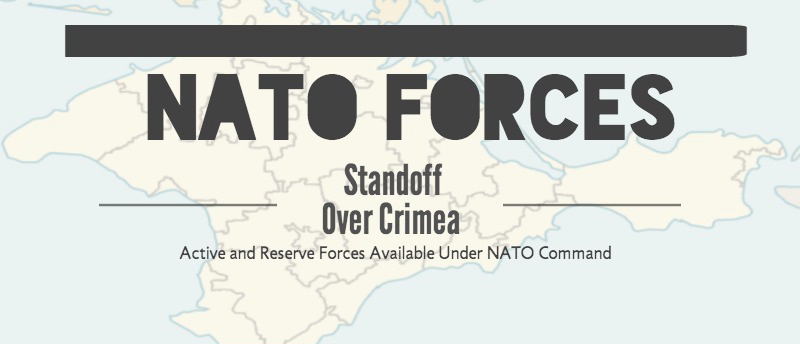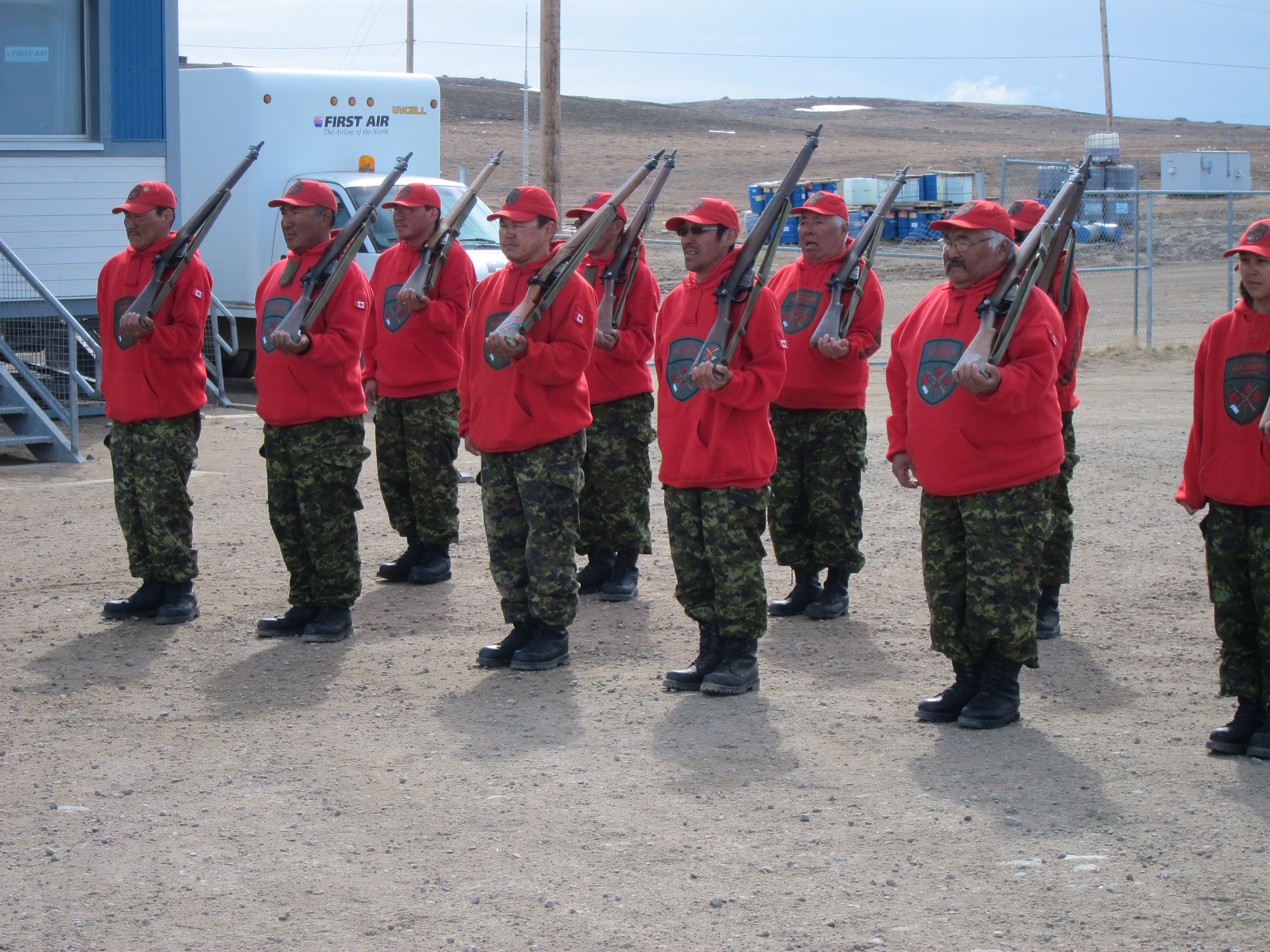Japan’s role in the Pacific will evolve over the course of the century to reflect the opportunities and threats that arise from the melting of Arctic ice and the opening of the Northeastern and Northwestern Passages to international shipping. A continuation to the piece that investigated Japan’s Arctic policy, this article will expand on Japan’s geopolitical orientation and challenges in the context of the U.S. ally system and discuss their impact on Arctic politics.
In order to circumvent its geographical and political limitations, Japan should use its strategic alliance with the United States to look north. This will help the country develop an Arctic policy that will lessen its economic dependence on traditional sea lanes in east Asia, and improve its security with respect to China, North Korea and Russia.
[captionpix align=”right” theme=”elegant” width=”250″ imgsrc=”http://www.dxcoffee.com/ita/wp-content/uploads/2012/08/senkakus.gif” captiontext=””]
Being a part of the American ally system in the Pacific places Japan in a delicate position vis-a-vis China, Russia, and North Korea. China is one of Japan’s most important economic partners, but political and military tensions over Chinese incursions of fishing vessels and military craft in the East China Sea over a bilateral sovereignty dispute about the Senkaku/Diaoyu Islands stress regional stability.
[captionpix align=”left” theme=”elegant” width=”250″ imgsrc=”http://www.csmonitor.com/var/archive/storage/images/media/images/ovisit_g1/8948669-1-eng-US/OVISIT_g1_full_600.jpg” captiontext=””]
With respect to Russia, the Kurile Islands are again disputed between Tokyo and Moscow. The islands have been a constant source of friction between the two countries, and are the reason a peace treaty to officially end World War II has not been signed. Politically, each side strives to demonstrate legitimacy to their claim to the Kuriles: the Japanese express occasional declarations of sovereignty over the islands while the Russians make demonstrations of power through the dislocation of military personnel and visits by Russian political leaders. The chance for open conflict over the Kuriles is minimal and it does not prevent Russo-Japanese trade, but it remains a political point that can escalate if mishandled by either side in pursuit of their interests.
North Korea is perhaps the most dangerous and unpredictable actor in the area. Japanese foreign policy makers worry because of Pyongyang’s inscrutability concerning its nuclear program and, specifically, tests of nuclear devices and increasingly advanced missiles with space launch capability. Kim Jong-Un’s regime conducts political racketeering on the international stage to gain concessions in exchange for minimal recognitions of its advances in an endless stream of hot-and-cold diplomacy. The periods of escalation and de-escalation are critical because at any point during the transition, a mistake might be made that could set off hot conflict. Its instability makes North Korea perhaps the most important of Japan’s near and medium-term security concerns.
Japan’s position relative to any one of its foreign relations challenges is influenced by its participation in the U.S. Pacific ally system. Washington provides important security guarantees in the form of an active deterrent against the use of hard power against Japan, which creates regional expected tensions. However, the system could also be the pathway to Japan’s engagement in the Arctic.
Going North from the US Pacific Ally System
Japan relies on global communications for its economic sustainability, especially with respect to providing the raw materials for its manufacturing and services industries. Being challenged on its doorstep by the competitive powers in the region is a political, economic and security liability, which in turn makes the alliance with the U.S. essential for Japanese interests regionally and globally. The Arctic could provide an alternative route for the delivery of strategic materials and goods to Japan and in turn reduce its liabilities in East Asia, but it is only by using its alliance with the U.S. that that becomes possible.
Japan’s Arctic policies focus mainly on using intergovernmental mechanisms for extracting economic benefits from resource development and shipping within an environmentally sustainable framework. However, carving a space of influence in the Arctic will be an uphill venture for Japan. Given the existing territorial disputes, members of the Arctic Council are reluctant to give added influence to extra-regional members. The Arctic is subject to provocations not unlike those that occur between China and Japan in the East China Sea. A Russian Tu-95 patrol, a Canadian realignment in Arctic policy, a military exercise in Norway or the question of Greenland’s independence from Denmark are all actors that keep the Arctic a dynamic place and have the potential to unsettle its politics.
Since Arctic Council observers only have the ability to act through one of the permanent members, it would be in Japan’s interest to find complementarities between its own interests and those of the United States to have the best chance of meeting its objectives through the framework of the Arctic Council. Working for the political stability of the region in tandem with Washington, serves Japan’s main interests, and would make it a constructive regional actor.
This article is not to suggest that Japan is strategically dependent on the United States, but that the relationship with Washington is beneficial for Japan’s strategic interests. The Arctic offers opportunities that match Japan’s economic and security goals, and constructive engagement with the United States is a way to reach its objectives. An alternate option exists via the United Nations, but it would be along the same lines as cooperation in the Arctic Council since, realistically, Japan would still have to align with a littoral country. It would have to use the same intergovernmental approach to engage the Arctic constructively and profitably.




